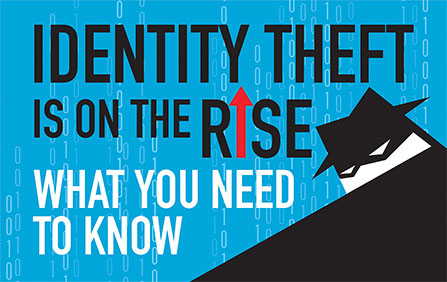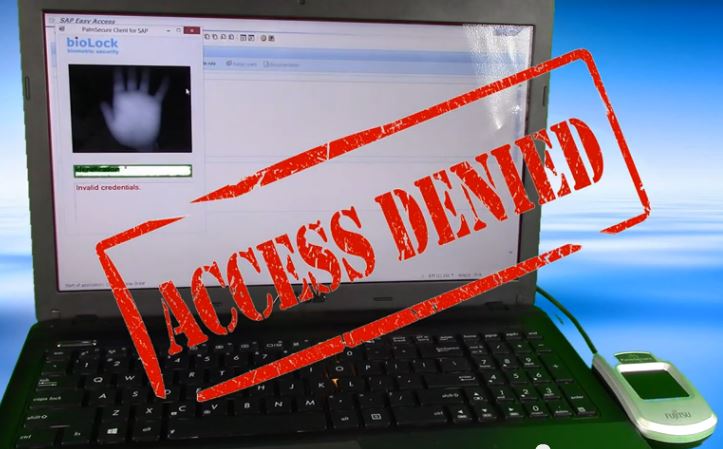Data Theft
Identity theft is the deliberate use of someone else’s identity, usually as a method to gain a financial advantage or obtain credit and other benefits in the other person’s name, and perhaps to the other person’s disadvantage or loss.The Internet provides innovative ways for people to steal personal information and to commit fraud. Thieves can obtain your information in several different ways, such as spreading viruses that install key loggers (programs which record everything you type) on your computer to discover your passwords, usernames and credit card numbers.
Many online businesses store personal information about customers and shoppers on their websites so that it can be used for quick and easy service when a customer returns to the website. While convenient, this also provides another way for personal information to be accessed: for example, in 2011 Sony experienced a data breach that resulted in 77 million of their Playstation Network users having their personal information stolen. A Sony spokesperson admitted that it could not predict or protect against the next attack because of the nature of hackers – all the more reason to not permit companies to store credit information on their websites.
Identity theft can go beyond criminals using personal information for monetary gain: this information may also be used to obtain legal documents such as a driver’s licence, health card, social insurance number and passport. This was the case for Stancy Nesby, who was arrested or detained seven times from 2002 to 2004 because her identity had been used in 1999 by a woman with an outstanding warrant for her arrest. It was not until four years later, and a lawsuit against the city of San Francisco, that the warrant was finally corrected.
Security Tips
A good start for preventing identity theft is not giving out any unnecessary information. Be especially careful in protecting your social insurance number.
In addition:
- Make sure your online accounts have strong passwords: a good password includes both lower and upper case letters as well as a mix of numbers and non-letter characters (such as @ or #) and is at least eight characters long. It’s a good idea to have different passwords for different online accounts, so that if one is compromised the others are safe: you can do this easily by having one “master” password and putting the first and last letter of each online service at the beginning and end, so that if your master password is B!u3b3rrY your Facebook password would be FB!u3b3rrYk.
- Ensure that any website requiring personal information has a clear and comprehensive privacy policy that explains in detail how your information may be used.
- Never send personal information via email: email is not secure.
- Social networking sites are a breeding ground for identity thieves. You should never accept a request to be friends from someone you don’t know and you should also be careful and selective about what type of information you post and share online.
The Office of the Privacy Commissioner of Canada (OPC) is one of many organizations that provides valuable facts and information about identity theft, including preventative measures to identity theft concerns. For consumers who believe they are a victim of identity theft, the OPC recommends taking immediate steps to protect yourself by placing fraud alerts on your credit cards, filing police reports, and filing a complaint with the Office of the Privacy Commissioner.










